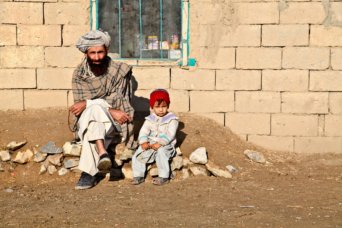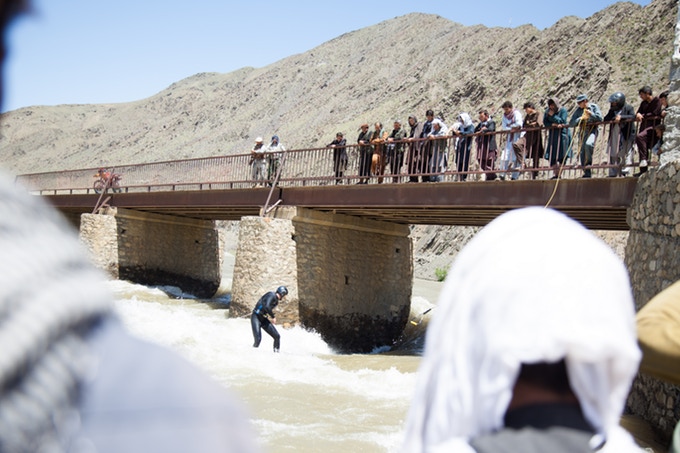- About
- Topics
- Picks
- Audio
- Story
- In-Depth
- Opinion
- News
- Donate
- Signup for our newsletterOur Editors' Best Picks.Send
Read, Debate: Engage.
| topic: | Peace and Reconciliation |
|---|---|
| located: | Afghanistan |
| editor: | Shadi Khan Saif |
Afghanistan this week stood again at a historic crossroads where those with decision-making powers have the capability to choose between the bloody chaos that is war and orderly democracy that could lead to peace.
Exactly 42 years ago this month (April 27, 1978) a bloody military coup toppling the Republic of Afghanistan demolished the nascent democracy from taking roots, unleashed dark and deadly forces of oppression and nurtured armed warlords.
That move by the Afghans and their foreign backers in the former Soviet Union has since set the war economy grinding the masses during all these years.
Now, on the heels of relative order and peace that have taken root over the past decade-and-half, the Afghans in government and those leading the insurgency stand again at the point of choosing between peaceful governance with gradual reforms and coexistence, or yet another deadly turnover.
The 1978 coup was staged by those inspired by communism against a government that was initially established by the same forces. The events following the coup set records of human suffering in Afghanistan with countless deaths and the rest left to struggle for their entire life.
Ironically however, this time around, the Taliban insurgents under the banner of ‘Islamic Emirate’ are engaged in a deadly scuffle with Afghan forces defending ‘Islamic Republic’. Ideologically, there seems to be no ground for this senseless war, which has already claimed millions of lives in the country.
As Muslims in Afghanistan, and elsewhere around the world observe the holy month of fasting, Ramadan, the Taliban yet again rebuffed growing calls for a ceasefire, showing their inclination towards war to reach objectives.
Their argument is that the Afghan government, which they continue to undermine, is hindering the release of prisoners as well as committing other violations of the peace deal between the Taliban and the U.S.
In counter-argument, the Afghan government holds the insurgents responsible for seeking to use the peace deal as a Trojan horse to overthrow democracy and establish a self-style regime. Figures by the country’s national security council this week suggest the Taliban killed or wounded 789 Afghan civilians (average of 15 a day) since signing the peace deal with the U.S. in February.
With no regard for civilian lives and not learning from the past, the war would only continue to plague the country for more years to come.
Image by Amber Clay

